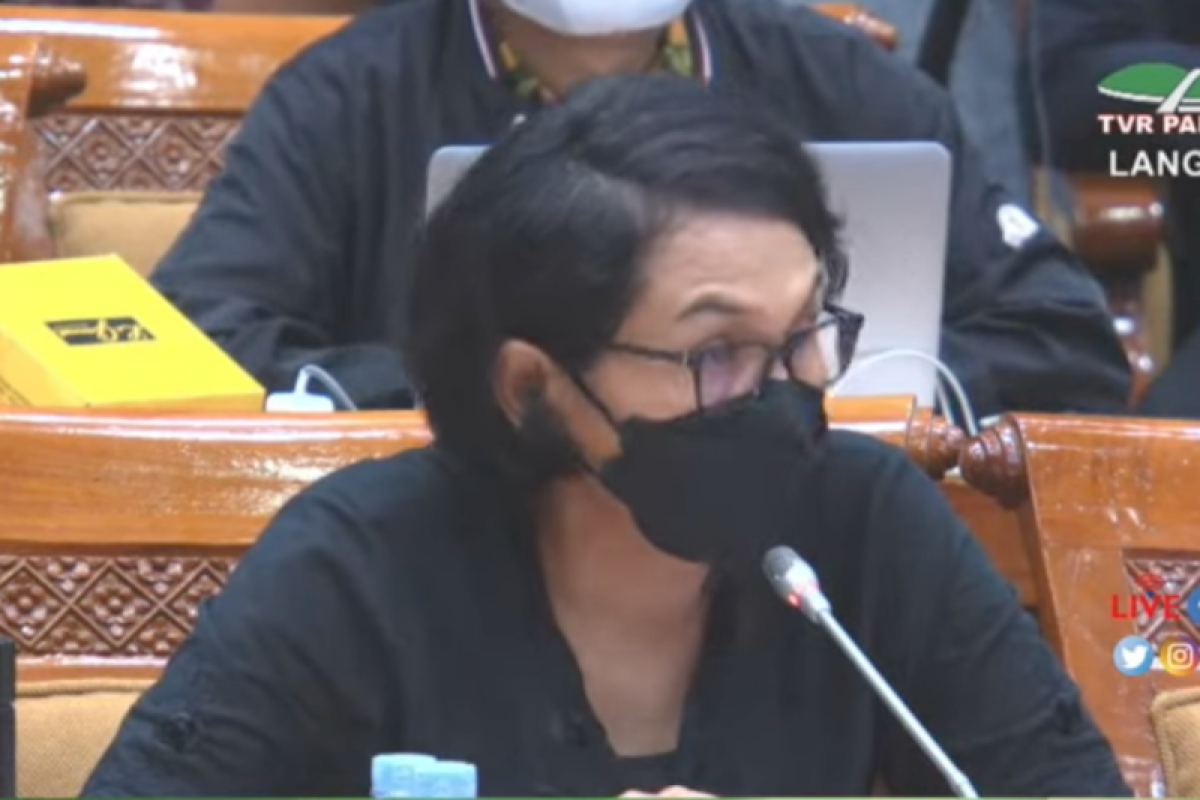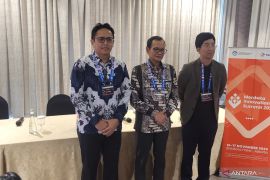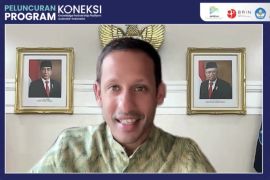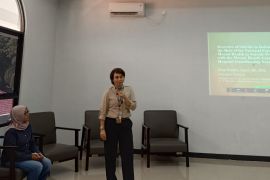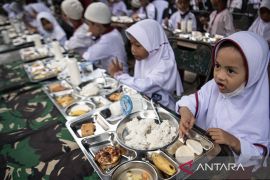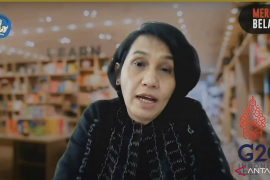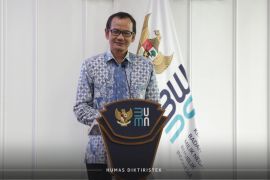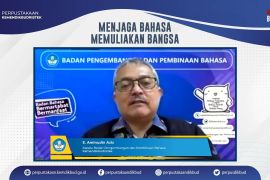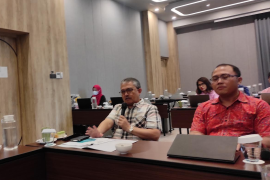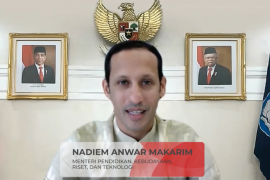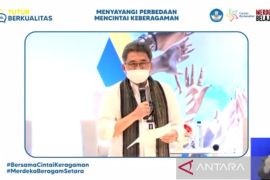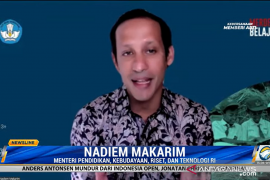"Based on the decrees of four ministers, the limited face-to-face learning method is temporarily suspended (for) at least 14 times in 24 hours if there is a cluster of COVID-19 transmission in the education unit and the positivity rate is above five percent and members of the education unit included in the notification of black cases reach above five percent," Secretary General of the Education, Culture, Research, and Technology Ministry, Suharti, noted here on Wednesday.
If after the surveillance is conducted, the results are not a limited face-to-face learning cluster or the positivity rate is below five percent, then limited face-to-face learning is only ceased in the study group with confirmed cases of COVID-19.
Furthermore, if the behavioral surveillance rate in the education unit is below 80 percent, then a reassessment of the readiness and the health protocol adherence would be conducted.
Related news: Epidemiologist urges Jakarta gov't to evaluate face-to-face learning
The face-to-face learning method in the education unit in question can be suspended until it is deemed ready to follow the health protocols, she said.
"Health protocols must be maintained, as they are part of the efforts to protect oneself from COVID-19 infection," she remarked.
In the latest four ministers' decrees, vaccination was a requirement in the face-to-face learning, she remarked. Teachers and education staff that had yet to be vaccinated could teach through remote means.
Those refusing to get vaccinated despite having met the requirement for the vaccine would be subject to sanctions as stipulated in Presidential Regulation No. 14 of 2021, which came in the form of delaying or terminating social security or social assistance, delaying or discontinuing government administrative services, and also fines.
Parents or guardians of students are urged to encourage their children, who have met the requirements to be vaccinated immediately, though it is not a requisite for limited face-to-face learning.
Suharti noted that 68 percent of the educational units were able to conduct 100-percent limited face-to-face learning, with a maximum duration of learning in classes capped at six hours, and only one percent of the education units being allowed.
The remaining 31 percent of education units conduct limited face-to-face learning, capped at 50 percent of the capacity, with a maximum duration of four hours of learning in class, she added.
Related news: Jakarta still meets criteria for full offline learning: government
Translator: Indriani, Mecca Yumna
Editor: Rahmad Nasution
Copyright © ANTARA 2022
